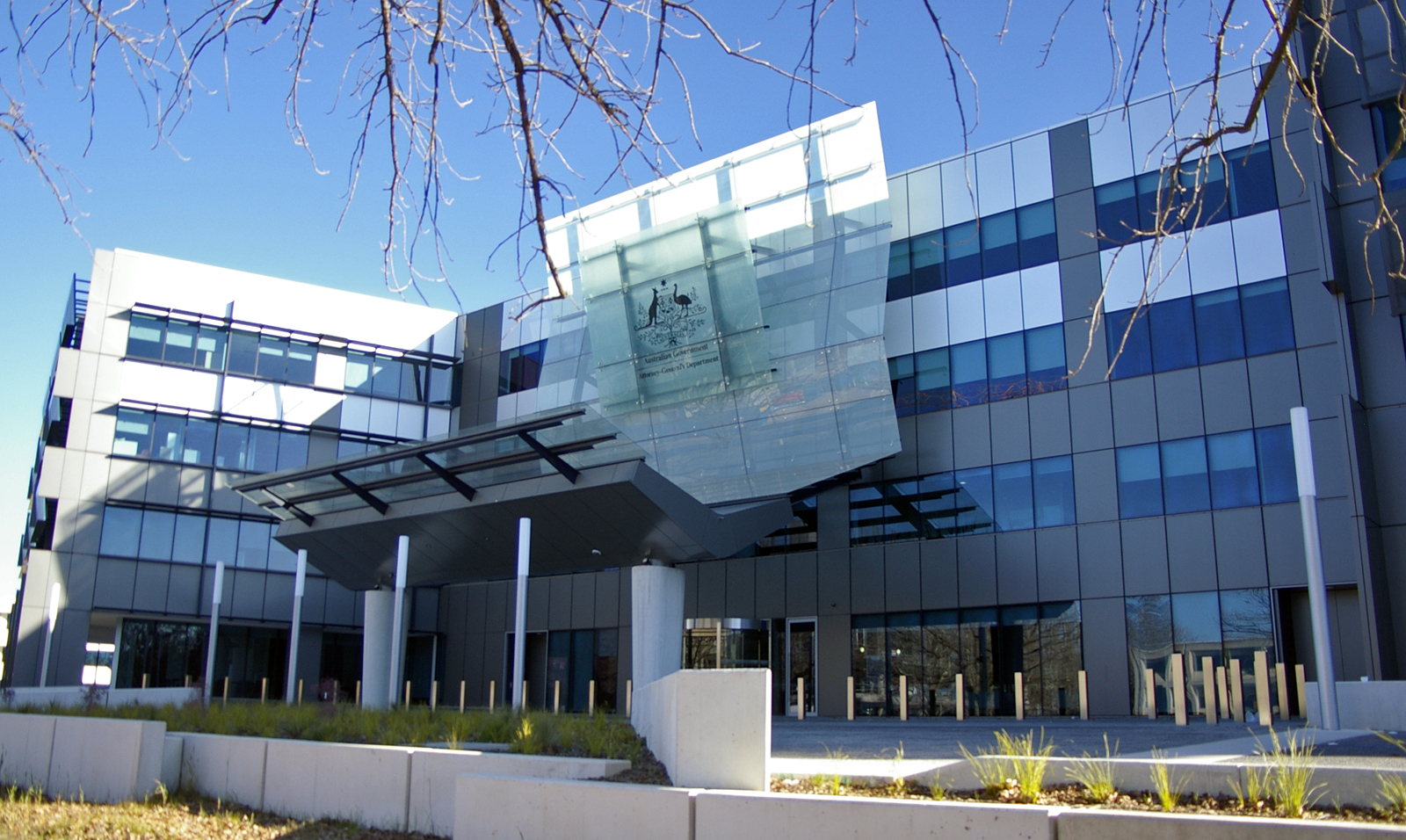London, UK
Australia’s Defence Trade Control Act (DCTA) has been described as an overtly strict and complicated defence policy that sails far too close to turning Australia’s research and development sector into what would appear to be Soviet-styled regime where an email to a fellow academic could land you a 10 year prison sentence. This may sound like fiction, but the DCTA lacks an exclusion clause that researchers and academics elsewhere enjoy.
As the internet makes sharing of research an ever easier process the DTCA is meant to tighten and control who can share what and with whom, and stop sensitive military research falling into the wrong hands. Unfortunately, this new set of guidelines can also make something as seemingly innocent as a university academic sharing an unrelated email with a fellow academic, who happens to be overseas, punishable by ten years in prison or a AUD 425,000 (GBP 221,700) fine and forfeiture of work.
The DTCA is based on the United States International Traffic in Arms Regulations (ITAR) regulatory system which also has its fair share of critics. Although both the ITAR and the DTCA work along similar lines there is one key difference: where ITAR has an exclusion clause (section 120.11) which covers academic and public research, the DCTA has no such clause. This is bad news for Australian academics who will soon find themselves at a huge disadvantage when the DCTA is enacted on 15 May 2015.
When asked why academics were not excluded from the DTCA, the Australian DoD responded as follows:
Some academic research uses proliferation-sensitive controlled goods and technologies. While the sensitive items are used for legitimate civilian research by Australian researchers, they can also be used for the proliferation of military, nuclear, chemical or biological weapons. The overseas transfers of these proliferation-sensitive controlled items must be regulated to ensure that the controlled goods and technology do not end up in the hands of states or groups of proliferation concern.
The looming power of the DTCA has forced many academics that DefenceReport contacted to speak anonymously or not to comment at all. One defence researcher, who spoke to DefenceReport on the condition of anonymity, stated that the legislation is ill-conceived and the intellectual property rights of the DTCA are far worse than the controversies sparked by the Trans-Pacific Partnership (TTP).
Hastily Put Forward
The DTCA was rushed through parliament during October 2012 in such haste that not only did it manage to avoid any major media coverage, but it also seems that the Australian senate committee were given very little time to debate and draw an adequate conclusion, or to fully consider the full implications to Australia’s research and development sector.
Although the DCTA is certainly intended to ease import regulations when dealing with the US by removing restrictions on importing military-off-the-shelf (MOTS) technology, there is a real and likely fear the over reliance on the goodwill of the US is simultaneously stunting Australia’s own research and development sector.
The Australian MoD told DefenceReport:
The Defence Trade Controls Act 2012 (DTC Act) does not remove export restrictions with the US. The DTC Act contains two separate measures: measures to implement the Defence Trade Cooperation Treaty between Australia and the US; and measures to strengthen Australia’s export controls. The Treaty measures in the DTC Act commenced operation on 6 June 2013 to create a framework that facilitates the export of controlled goods within an Approved Community, without the need for an export license.
DCTA is supported by the Defence and Strategic Goods list (DSGL) which lists goods that are targeted for regulation which are strictly military and also goods that could be used for military purposes, or so-called ‘dual-use’ goods. The DSGL itself is a 360 page document that only the most dedicated of lawyers could hope to fully comprehend.
Defence Research Brain Drain
Without the exclusion for academics, as enjoyed by the US and UK, university researchers would need prior permission from a Minister at the Department of Defence (DoD) to communicate new research to foreign nationals or to publish in any research journals. The logistics, not to mention the time, needed to obtain such permissions without any guarantee they might be granted will probably mean a very large number of students and professors choosing not to undertake research projects.
The broad scope of the DSGL also makes it a confusing document to read and one that requires a lawyer’s interpretation. The list seems to be growing weekly and includes everything from carbon fibres, plant pathogens, image processing and robotics.
Even if they do make revisions there is still going to be a huge amount of risk involved for anyone intending to study new research. Many will realise the opportunities abroad and take their innovative research elsewhere.
Critics say the DTCA was hastily rushed through Australia’s parliament and senate, and the lack of debate shows. The DTCA is intended to simplify trade between Australia, the US and the UK, while also tightening control over the exchange of the intangible transfer of military goods. In reality, while the Australian government may be doing their best to please their most important allies, it risks driving their top military and academic researchers from Australian shores for good. The very controls that were put in place to supposedly protect Australia’s interests are actually Australia’s biggest threat.
Feature Photo – Australian Attorney General’s Department – Wikimedia Commons, 2015


